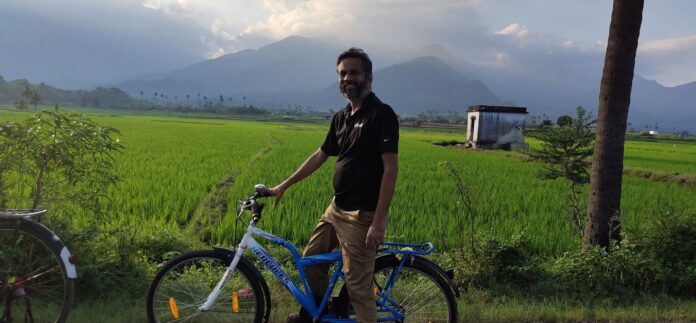Zoho founder Sridhar Vembu recently addressed widespread misinformation surrounding the development, data hosting, and operational practices of Zoho products, with particular emphasis on the company’s homegrown messaging app, Arattai. Amid a sharp rise in the app’s popularity, Vembu took to X (formerly Twitter) to provide clarity, reinforcing Zoho’s commitment to Indian innovation and data sovereignty.
Indian Development and Data Hosting
Sridhar Vembu underscored that all Zoho products, including Arattai, are developed in India, with Zoho’s global headquarters based in Chennai. The company pays taxes on its global income in India, solidifying its roots and commitment to the country’s business landscape. Vembu clarified that Zoho hosts Indian customer data domestically, with data centers located in Mumbai, Delhi, and Chennai. Furthermore, plans are in motion for an additional data center in Odisha to further bolster local infrastructure.
On the international front, Zoho operates over 18 data centers around the world and ensures customer data from each country is hosted within respective jurisdictions. This approach supports regulatory compliance and protects user privacy in accordance with local laws.
No Reliance on Public Cloud Giants
Dispelling rumors about reliance on mainstream cloud service providers, Sridhar Vembu asserted that Zoho does not utilize AWS, Azure, or Google Cloud for hosting its products, including Arattai. Instead, Zoho runs its services on hardware the company owns and leverages software frameworks it has developed, mostly built atop open source technologies such as Linux OS and PostgreSQL database. While certain regional switching nodes may use external services to enhance traffic speed, data hosting and core services remain within Zoho’s direct control.
The founder also explained that the US office address listed in Zoho’s developer accounts on the Apple App Store and Google Play Store is due to early-phase testing operations and does not indicate where data is hosted.
Embracing Open Standards
In line with India’s technological growth, Vembu announced that Zoho is collaborating with iSpirt, the think tank behind the UPI framework, to standardize and publish open messaging protocols for Arattai. Vembu emphasized that these systems must be interoperable, much like UPI and email, rather than closed platforms such as WhatsApp. He reiterated Zoho’s commitment to preventing monopolistic market practices, with iSpirt co-founder Sharad Sharma guiding the standardization effort.
Arattai’s Rapid Growth and Future Plans
The recent surge in Arattai’s adoption has been remarkable, with daily sign-ups skyrocketing from around 3,000 to 350,000 in just three days—a 100-fold increase. The app has rapidly ascended to the top position on the Apple App Store and is poised to enter the top 100 on Google Play. In response, Zoho has mobilized emergency infrastructure upgrades and commenced code fine-tuning to address scaling challenges. A major feature update and capacity expansion are slated for November, aiming to sustain this exponential growth.
National Endorsement and Market Impact
Arattai’s growth aligns closely with Indian Prime Minister Narendra Modi’s call for swadeshi, or indigenous, products. Key government officials have followed suit; IT Minister Ashwini Vaishnaw led a cabinet briefing using Zoho’s Show application, while Commerce and Industry Minister Piyush Goyal advocated for Arattai as emblematic of the “Made in India” spirit.
Arattai, which translates to “casual chat” in Tamil, offers users a suite of features such as text and voice messaging, audio and video calls, file sharing, meetings for up to 250 attendees, and ephemeral stories. This robust functionality positions the app as a strong domestic alternative in India’s tech ecosystem.




